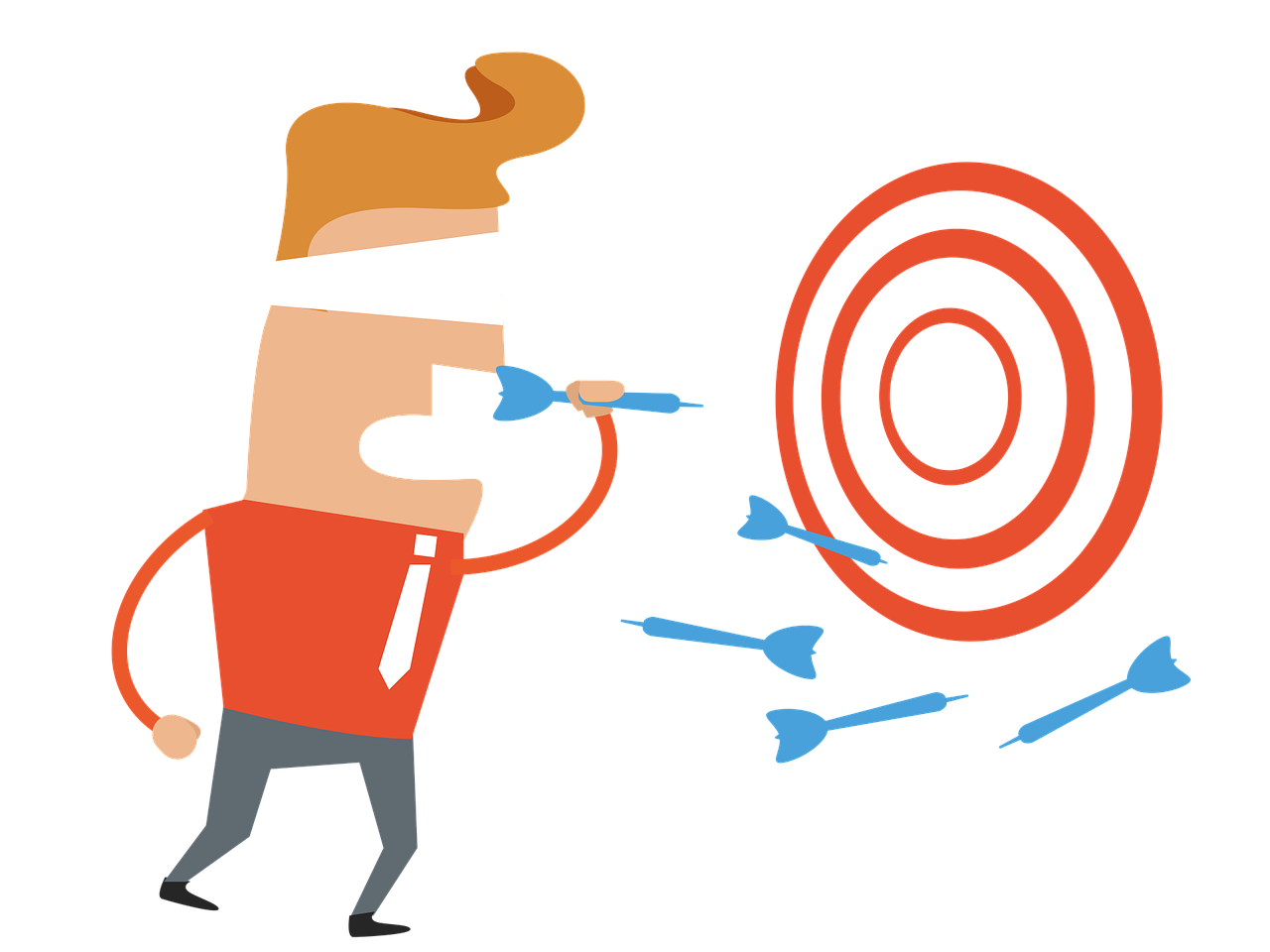Imagine yourself sitting in front of a microphone, ready to embark on a podcast interview. As you press record, you can’t help but wonder what the aim of this interview really is. Is it to gather information, entertain, or perhaps inspire listeners? In this article, we will explore the various objectives that interviews aim to achieve, shedding light on the importance of this captivating form of communication. With the rise of podcasting, understanding the aim of the interview becomes crucial in crafting compelling content that resonates with audiences. So, let’s delve into the world of interviews and discover their purpose.
Understanding Interviews
Definition of an interview
An interview is a structured conversation between two or more parties with the aim of gathering information, making decisions, assessing interpersonal skills, or understanding an individual’s suitability for a particular role or position. Interviews can take various forms and are commonly used in different fields, including podcasting.
Types of interviews
There are several types of interviews depending on the purpose and format. Some common types include job interviews, informational interviews, research interviews, and media interviews. Each type serves a specific purpose and involves different techniques and approaches.
Aims of an Interview
To gather information
One of the primary aims of an interview is to gather information. Whether it’s in the context of a job interview or a research interview, the interviewer seeks to obtain relevant details, insights, and perspectives from the interviewee. This information can help in making informed decisions or obtaining valuable insights for various purposes.
For decision making
Interviews are often conducted to assist in decision making. In job interviews, employers seek to assess the qualifications, skills, and suitability of candidates for a specific role. The information gathered during the interview helps employers make informed decisions about hiring or promoting individuals. In research interviews, the collected data helps researchers analyze and draw conclusions related to their study objectives.
To assess interpersonal skills
Alongside gathering information and making decisions, interviews also serve as a platform to assess interpersonal skills. These skills include communication abilities, problem-solving, critical thinking, teamwork, and leadership qualities. By engaging in conversation and observing the interviewee’s responses and behavior, interviewers can evaluate their interpersonal skills and determine their compatibility with a role or team.
To understand the individual’s suitability for a role
Another important aim of interviews is to assess an individual’s suitability for a particular role or position. This applies especially to job interviews where the interviewer evaluates whether the candidate possesses the necessary qualifications, experience, and personality traits required to excel in the job. Understanding the individual’s fit within the organizational context helps determine the likelihood of success in the role.

Interviews in Podcasting
Role of interviews in podcasts
Interviews play a crucial role in podcasting as they add depth, variety, and expert insights to the content. Podcast interviews provide a platform for hosts to engage with industry experts, influencers, or individuals with unique experiences and perspectives. As a result, the audience gains access to valuable knowledge, inspiring stories, and engaging conversations.
Benefits of podcast interviews
Podcast interviews offer several benefits to both the podcast host and the audience. For the host, interviews provide an opportunity to expand their network, build relationships with influential figures, and establish themselves as authorities in their field. Additionally, interviews help create dynamic and captivating content that increases listener engagement and attracts a wider audience. For the audience, podcast interviews offer educational value, entertainment, and the chance to learn from experts or gain new perspectives on various topics.
Preparing for a Podcast Interview
Selecting a guest
The success of a podcast interview depends greatly on selecting the right guest. Consider individuals who are knowledgeable, experienced, or have unique insights that align with the podcast’s theme or target audience. Conduct research on potential guests, review their expertise, and ensure they have the ability to contribute valuable content to the conversation.
Deciding on interview questions
Before diving into a podcast interview, it’s essential to prepare a list of well-thought-out interview questions. These questions should be tailored to the guest’s background and expertise while aligning with the podcast’s goals and target audience. A mix of open-ended, specific, and thought-provoking questions allows for a more engaging and informative conversation.
Setting up the interview
To ensure a smooth and successful podcast interview, it’s important to plan the logistics. Determine the preferred mode of communication (in-person, phone call, or video call) and ensure both parties have the necessary equipment, such as a good-quality microphone and stable internet connection. Schedule a convenient time for the interview, providing a clear agenda and any specific instructions to the guest.

Conducting the Interview
Opening the discussion
The opening of a podcast interview sets the tone for the conversation. Begin by introducing the guest and providing background information about their expertise or accomplishments. establish a welcoming and friendly atmosphere to make the guest feel comfortable and encourage them to share their insights and experiences openly.
Guiding the conversation
As the podcast host, it’s crucial to guide the conversation effectively. Listen actively to the guest’s responses, ask follow-up questions to delve deeper into certain topics, and ensure a smooth flow of dialogue. Strike a balance between actively participating in the conversation while giving the guest ample space to express their thoughts and opinions.
Closing the session
Bring the podcast interview to a satisfying close by summarizing the key points discussed. Thank the guest for their time and contributions, and express your appreciation for their insights. Offer the guest an opportunity to share any final thoughts or promote their work/business. Lastly, inform the audience about upcoming episodes or any relevant calls to action.
Editing the Podcast Interview
Importance of editing
Editing is an essential step in producing high-quality podcast episodes. It allows for the removal of any technical glitches, awkward pauses, or irrelevant content, resulting in a more polished and engaging final product. Editing also helps with pacing, ensuring the conversation flows smoothly and holds the listener’s attention throughout.
Steps in editing a podcast interview
Start by carefully listening to the entire podcast interview to identify areas that require editing. Trim any unnecessary sections, such as long pauses or repetitive segments. Smooth out transitions between topics and ensure the audio quality is consistent. Enhance the overall listening experience by adding appropriate music or sound effects where relevant. Review the edited interview to verify audio quality and ensure the final product aligns with the podcast’s branding and quality standards.

Analyzing the Interview
Understanding the outcome of the interview
Once the podcast interview is edited and published, it’s important to analyze its outcome. Assess the interview’s impact on the audience by gathering feedback, monitoring episode download numbers, and analyzing listener engagement. Determine whether the interview successfully conveyed the intended message and whether it stimulated interest or generated discussion among the audience.
Measuring the success of the interview
The success of a podcast interview can be measured through a variety of metrics. Consider factors such as the number of downloads, listener retention rate, social media engagement, and any positive reviews or feedback received. Additionally, evaluate the achievement of the podcast’s specific goals, such as increasing audience reach, establishing credibility, or attracting new guests.
Challenges in Interviews
Common pitfalls in conducting interviews
Conducting interviews can come with various challenges. Some common pitfalls to watch out for include poor communication, lack of preparation, asking leading questions, not actively listening, or dominating the conversation. These pitfalls can hinder the flow of the interview, reduce the quality of the content, and negatively impact the interviewer-interviewee dynamic.
Strategies to overcome challenges
To overcome challenges in interviews, it’s important to prepare thoroughly, research the guest, and develop a clear interview structure. Practice active listening, allowing the interviewee to speak without interruption. Avoid leading questions that may limit the guest’s response and focus on open-ended inquiries that encourage thoughtful and detailed answers. Maintaining professionalism and establishing rapport will help create a comfortable and effective interviewing environment.

Improving Interview Skills
Training resources for interviews
Several resources are available to help improve interviewing skills. Online courses, books, podcasts, and video tutorials offer valuable insights, tips, and techniques for conducting effective interviews. Learning from experienced interviewers or participating in mock interviews can also provide hands-on practice and valuable feedback.
Tips and techniques for effective interviews
To conduct more effective interviews, consider the following tips and techniques:
- Prepare well by researching the guest and drafting thoughtful questions.
- Cultivate active listening skills and avoid interrupting the interviewee.
- Maintain a conversational and friendly tone throughout the interview.
- Use body language and verbal cues to show interest and engage with the guest.
- Incorporate storytelling and anecdotes to make the conversation more relatable and compelling.
- Be flexible and adaptable to navigate unexpected turns in the conversation.
- Always express gratitude and appreciation towards the interviewee for their time and insights.
The Future of Interviews
Impact of technology on interviews
Technology continues to shape the way interviews are conducted. Video interviews have become more prevalent, allowing for remote interactions and reducing geographical limitations. Artificial intelligence (AI) is also being integrated into the interview process to analyze candidate responses and provide data-driven insights. As technology advances, virtual reality (VR) and augmented reality (AR) may further revolutionize the interview experience.
Trends and innovations in interviews in various fields including podcasting
In podcasting, interviews are likely to continue evolving with various trends and innovations. Live interviews, where listeners can engage in real-time, are becoming increasingly popular. Furthermore, the rise of AI-powered voice assistants may enable automated interview mechanisms, allowing hosts to engage with virtual guests. Interactive podcasts and immersive audio experiences may also emerge, providing listeners with a more engaging and personalized interview experience.
In conclusion, interviews serve multiple purposes, from gathering information and making decisions to assessing interpersonal skills and understanding suitability for a role. In podcasting, interviews play a vital role in improving content quality, providing valuable insights, and attracting a wider audience. By carefully preparing, conducting, and analyzing interviews, hosts can ensure engaging and successful podcast episodes, while also improving their interviewing skills for future endeavors. The future of interviews holds exciting possibilities with advancements in technology and the ongoing evolution of various interview formats, particularly in the ever-growing field of podcasting.
